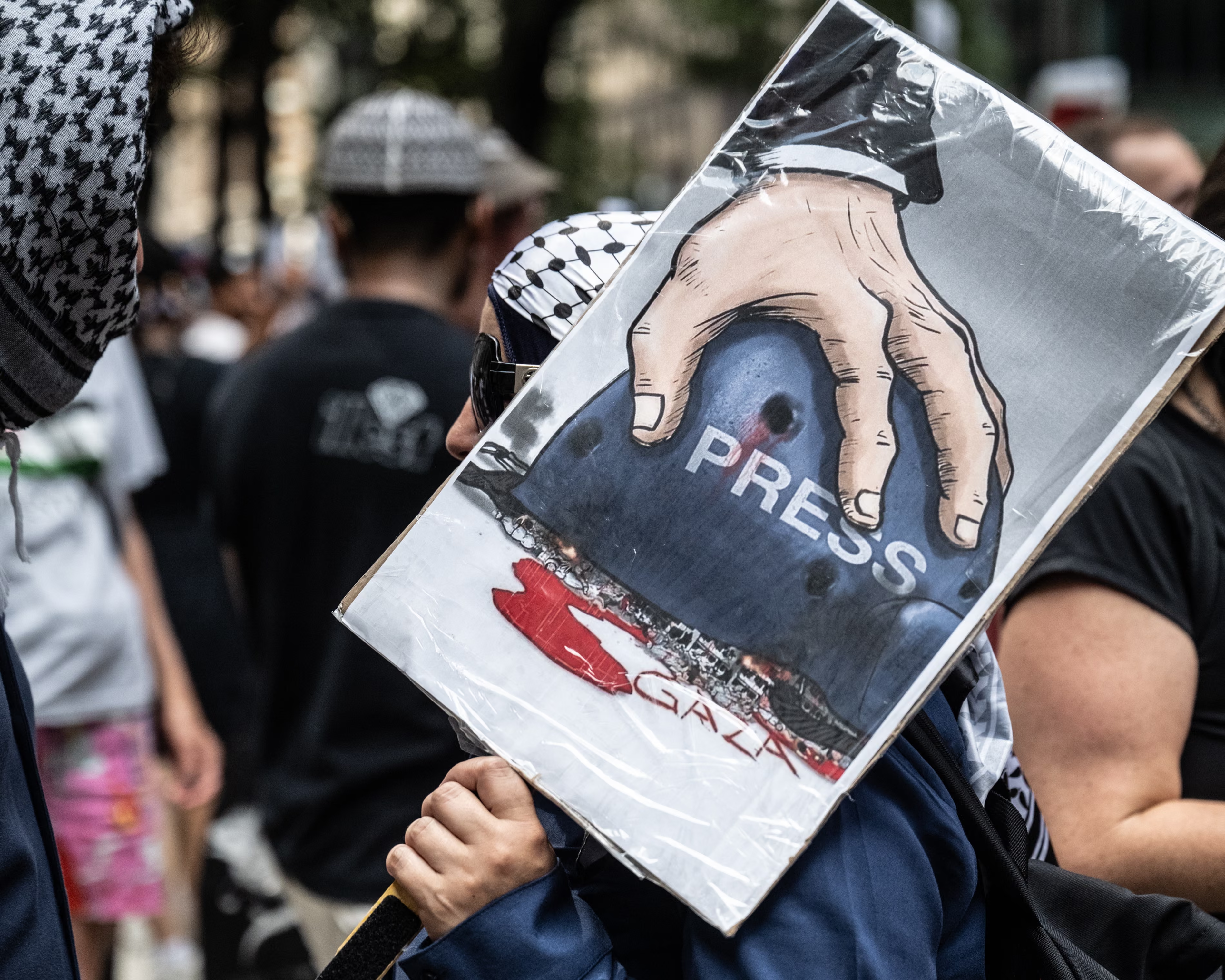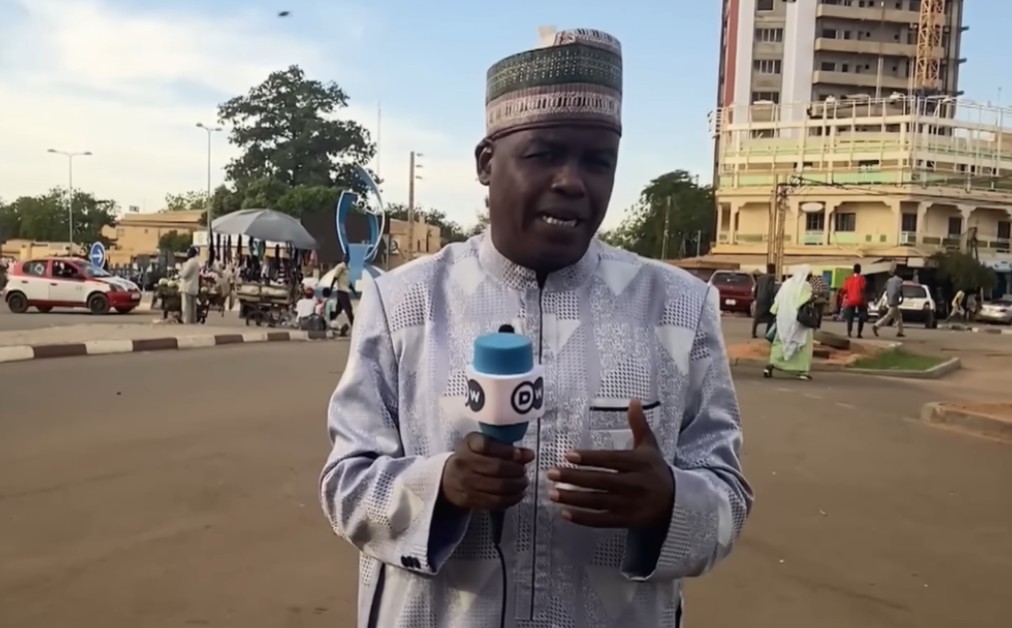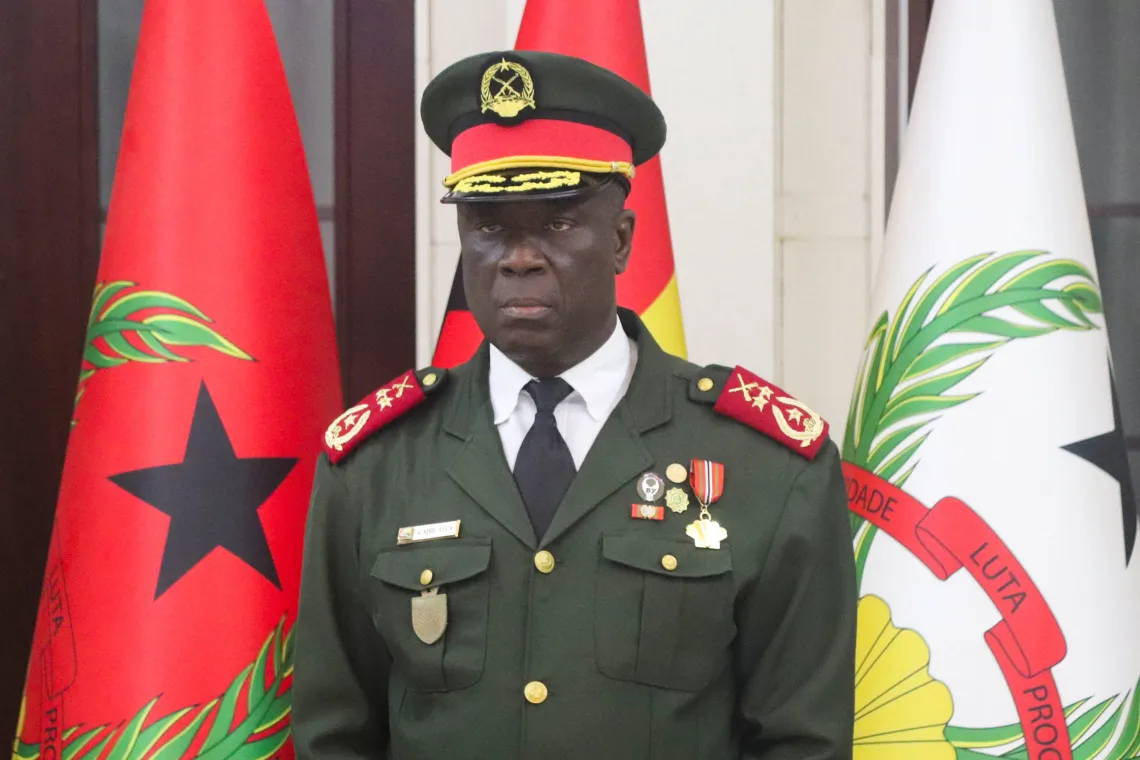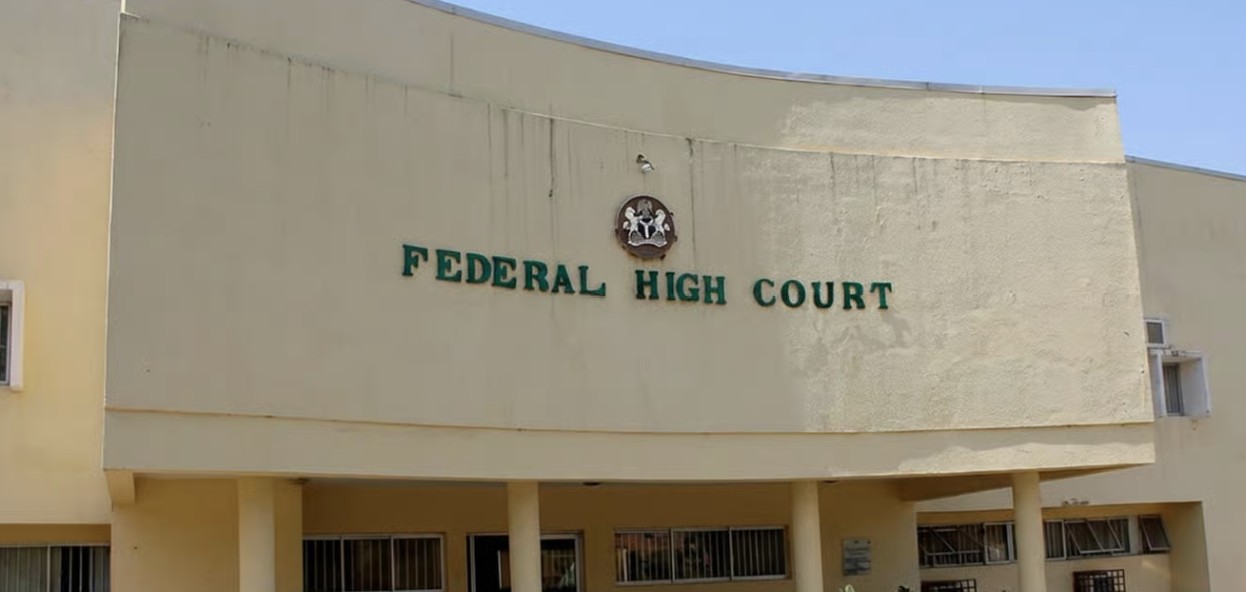
Israeli Forces Arrest Journalist and Injure Others in West Bank Raids
August 21, 2025
Global Coalition Demands Immediate, Safe Media Access to Gaza Amid Escalating Crisis
August 22, 2025August 21, 2025 – Ghana –
In a joint interview, JURIST Chief of Staff for Africa Lana Osei and Associate Editorial Director Alanah Vargas speak with veteran Ghanaian journalist Kwaku Sakyi-Danso as he reflects on his 24-year career covering Ghana’s Parliament during the media’s evolution from military to civilian rule. He speaks candidly about the threat untrained bloggers pose to public trust, the ethical responsibilities of accredited journalists, and his growing focus on regional parliamentary affairs.
Sakyi‑Danso has covered the ECOWAS Parliament for 24 years, charting Ghana’s shift from military rule to civilian governance. He praises the role of civil society and the expansion of media—especially radio and TV—in securing press freedoms. The Ghanaian public’s growing demand for transparency has also driven media evolution
While Ghana’s media landscape has become freer, he still sees room for improvement, particularly in how politicians interact with fearless and professionally independent journalists
Sakyi‑Danso expresses concern about the influx of untrained bloggers and social media correspondents in Parliament, whose unprofessional behavior can undermine credibility.
He recounts instances where such individuals mistake themselves for accredited journalists, intrude on private conversations, or even stage confrontational coverage without journalistic intent. This behavior is prompting Parliament to consider stricter accreditation protocols, balancing openness with security and professionalism
The media, according to Sakyi‑Danso, often holds more public trust than political actors and serves as a vital outlet during tensions or controversies in Parliament. Ethical training and a commitment to accuracy and integrity ground parliamentary reporting in Ghana, reinforcing its credibility
Article 162 of Ghana’s 1992 Constitution guarantees press freedom. While protections exist, journalists still face risks—ranging from summons to the Privileges Committee to intimidation via civil litigation. The costs of legal defense or fines can be a barrier
Sakyi‑Danso underscores the importance of continuous professional growth. Many reporters have become lawyers or pursued further education independently to enhance their reporting capabilities. To remain competitive, Sakyi‑Danso has cultivated expertise in sub‑regional affairs, particularly ECOWAS parliamentary processes.
He delves into supplementary acts, engages with former MPs, and adds value through well-informed analysis that extends beyond routine reporting.
He shares an incident from six years ago: despite warnings from senior parliamentary leadership not to report on a sensitive issue—under threat of being summoned—he verified his sources and published the story with confidence in the Hansard and standing orders. He was never summoned.
Proper documentation and knowledge of rights, combined with ethical diligence, have helped him navigate censorship pressures effectively
State media often self-censors to avoid displeasing authorities. Private media enjoys greater editorial freedom but faces financial pressures—particularly loss of advertising from entities favoring government-aligned content.
To safeguard independence, Sakyi‑Danso advocates for journalists to diversify income sources and not rely solely on media platforms.
Reference –




